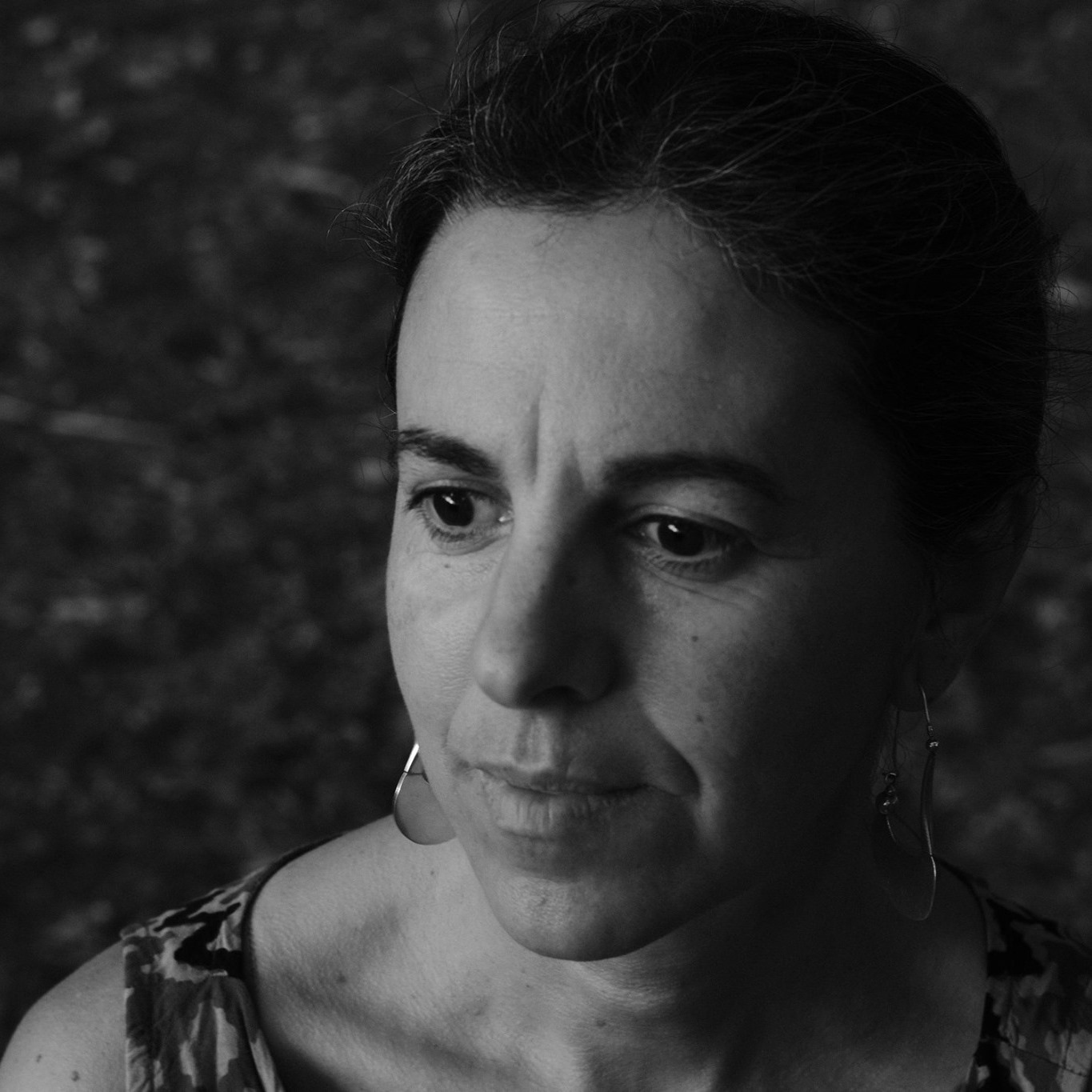AREAL, L. 2011. “A singular neo-realism: the cinema of Manuel Guimarães”. In LOPES, F. (Org.) Cinema in Portuguese: Actas das II Jornadas. Covilhã: LabCom Books.
BAPTISTA, T. 2009. “Nationally correct: The invention of Portuguese cinema”. 20th Century Studies Magazine 9, 307-323.
COSTA, CA 2021. Cinema and people – Representations of popular culture in Portuguese cinema. Lisbon: Editions 70.
CUNHA, P. 2010 “Censorship and the new Portuguese cinema”. In RIBEIRO, MMT (coord.) Other fights for History. Coimbra: University of Coimbra, 537-551.
WEDGE. P., LARANJEIRO, C. 2017 “Guiné-Bissau: from State cinema to cinema outside the State”. REBECA 10 v. 5 n. two
CUNHA, P. 2010. “Manoel de Oliveira. From marginal author to official filmmaker.” In CUNHA, P. and SALLES, M. Olhares: Manoel de Oliveira. Rio de Janeiro Editions LCV/SR3/UERJ.
CUNHA, P. 2016. “Towards a history of the histories of Portuguese cinema”. Aniki: Portuguese moving image magazine 3/1.
CUNHA, P. 2013. “When Portuguese cinema was modern”. In CUNHA, P. and SALES, M., Portuguese cinema: An essential guide. São Paulo: SESI-SP.
GRANJA, P. 2007. “Cineclubs and cinephilia: between mass culture and elite culture”. 20th Century Studies, 7, Coimbra, University of Coimbra Press, 361-384.
GRAY, R. 2020. Cinemas of the Mozambican revolution. Anti-colonialism, independence and internationalism in filmmaking, 1968-1991. Boydell and Brewer, 15-64.
MONTEIRO, PF 2000. “A margin in the center: the art and power of the 'new cinema'”. In TORGAL, LR (ed.) Cinema under the eyes of Salazar, Torgal. Lisbon: Círculo de Leitores, 306-338.
PIÇARRA, M. d. C. 2015. Ultramarine blues. Colonial propaganda and censorship in the cinema of the Estado Novo. Lisbon: Editions 70.
PIÇARRA, M. d. C. 2022. Gaze from Maldoror. Singularity of a political cinema. Porto: Húmus Editions.
PIÇARRA, M. d. C. 2020. Project order. People's Cinema and Salazarist propaganda. 1935-1954. Lisbon: OsPássaros.
PIÇARRA, M. d. C. 2013. “A cinematography without looking gains the first director”. In CUNHA, P. and SALLES, M., Portuguese cinema: An essential guide. São Paulo: SESI-SP.

